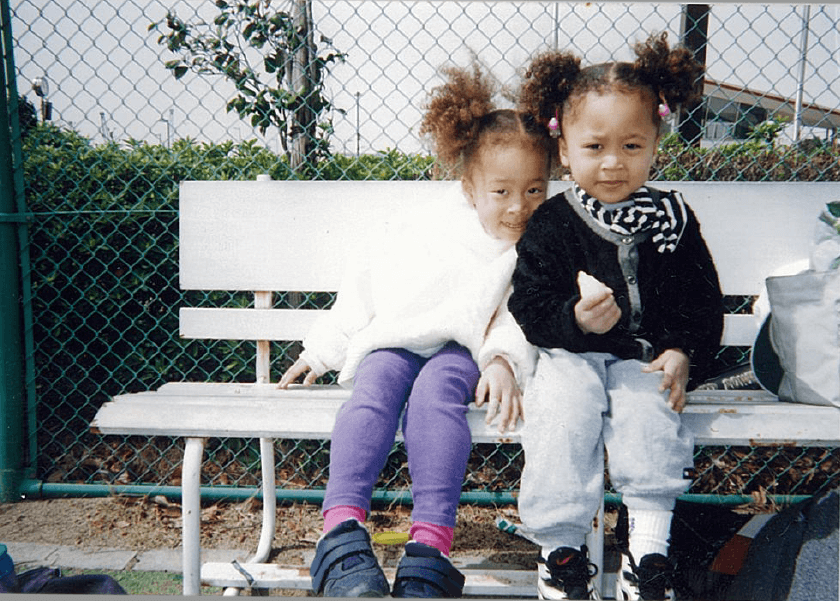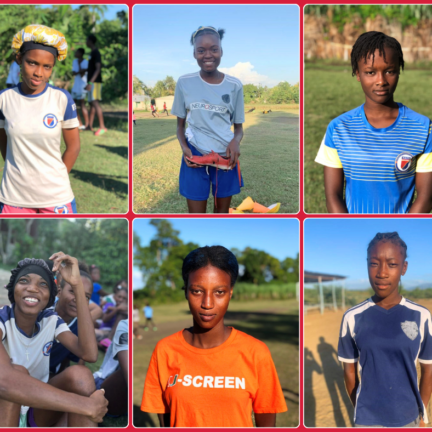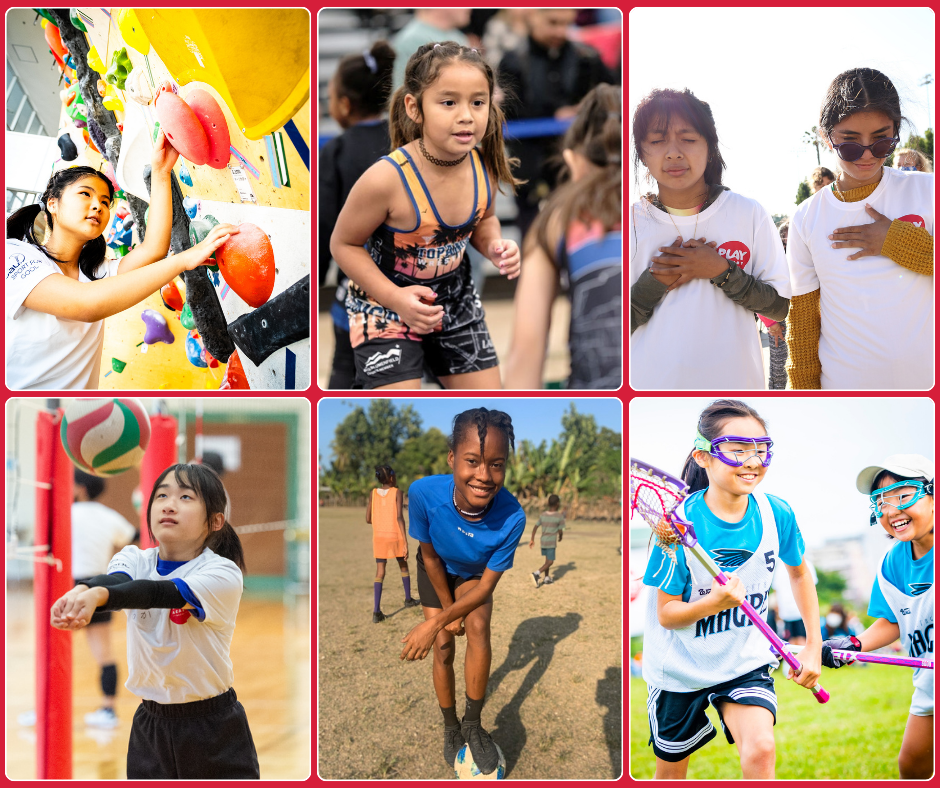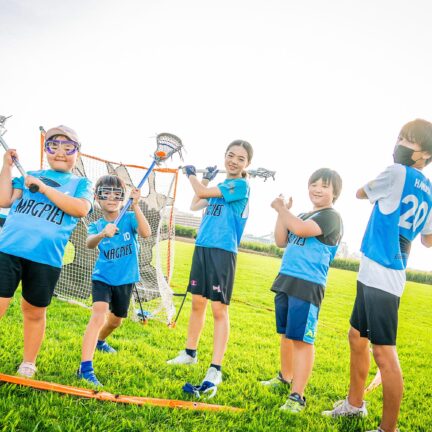Naomi Osaka’s initiative to empower girls continues to make roots in another community close to the tennis star’s heart – her birthplace in Osaka, Japan.
First launched in Tokyo in 2020, Play Academy with Naomi Osaka has since expanded in collaboration with grassroots organizations in Los Angeles and Haiti, with the aim to level the playing field by increasing girls’ participation in sports.
With the recent addition of the second Japanese city to mark International Women’s Day (8 March), Play Academy is currently seeking interested organizations to team up with and empower girls in the communities of Osaka and Tokyo through play and sport. (See below for more information on how to apply for funding)
“I’m so happy to be able to support the community there through Play Academy because Osaka has such a special place in my heart,” Naomi said.”
– Naomi Osaka
Play Academy’s mission is near and dear to Naomi, who grew up in Osaka until age 3. Born to a Japanese mother and Haitian-American father, Naomi recalled her mom taking her and her older sister Mari to play in Utsubo Park. That’s why Naomi felt a full-circle moment when she returned to Osaka in 2019 and won her first tournament on Japanese soil at the Toray Pan Pacific Open.
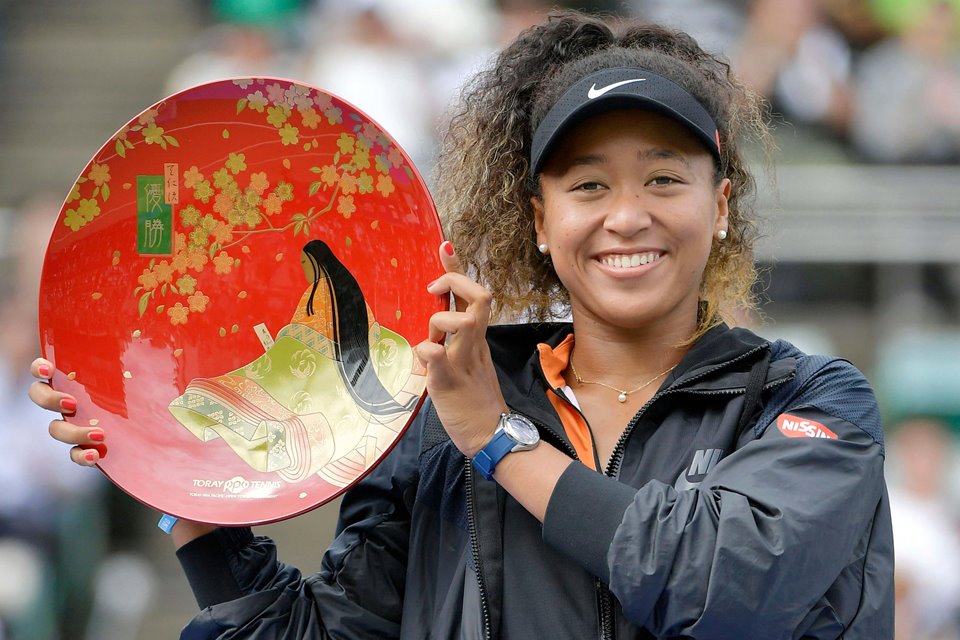
Having played tennis since a young age, Naomi went on to become a multiple Grand Slam champion and a voice for social justice. But she also recognized that not every girl has the same opportunities she’s had and felt compelled to do something about it. This led her to partner with Nike and Laureus Sport for Good to create Play Academy.
“I hope that young girls will be afforded the resources and opportunity to follow their dreams and do whatever they want. The goal is simply to provide equal opportunity and where possible to inspire happiness.”
– Naomi Osaka
Particularly in Osaka, the opportunities for girls to participate in sports are slim: According to the Japan Sport Association, 50 percent of sports clubs in Osaka are baseball or soccer, where a majority of the participants are male. Only 20 percent of sports clubs participants for 11-18 years old are female.
“Those statistics are frightening and exactly why I started Play Academy,” Naomi said. “It’s important for girls to have sports and exercise opportunities for their general health and wellness; but also for mental well-being, social skills and learning skills like leadership and teamwork.”
“We are lucky in tennis because our sport is almost equal with the men in terms of resources, but other women’s sports are still so far behind. I hope that over the years we can make progress and I want to tackle this issue at the grassroots level as well as the pros.”
The initiative works by providing grants and capacity-building training for community organizations; emphasizing fun, positive play experiences; and supporting coaches who are trained in gender inclusivity. It is currently supporting 10 organizations across Haiti, LA and Tokyo. NPO Monkey Magic and Spocom, Inc., in Tokyo are the latest 2022 grantees to join the Play Academy family that includes:
Tokyo’s Yamato Sylphid Sport Club, National Council of YMCAs of Japan and Ryutsu Keizai University;
- LA-based organizations Beat the Streets
- First Break Academy
- Kids Enjoy Exercise Now
- Pete Brown Jr. Tennis and Academic Program
- GOALS Haiti
“I hope that young girls will be afforded the resources and opportunity to follow their dreams and do whatever they want,” Naomi said. “Obviously not everyone can become a professional athlete; but I want them to know that it’s possible. Also for the other 99 percent I want them to enjoy a healthy and active lifestyle that supports them physically and mentally. The goal is simply to provide equal opportunity and where possible to inspire happiness.”
